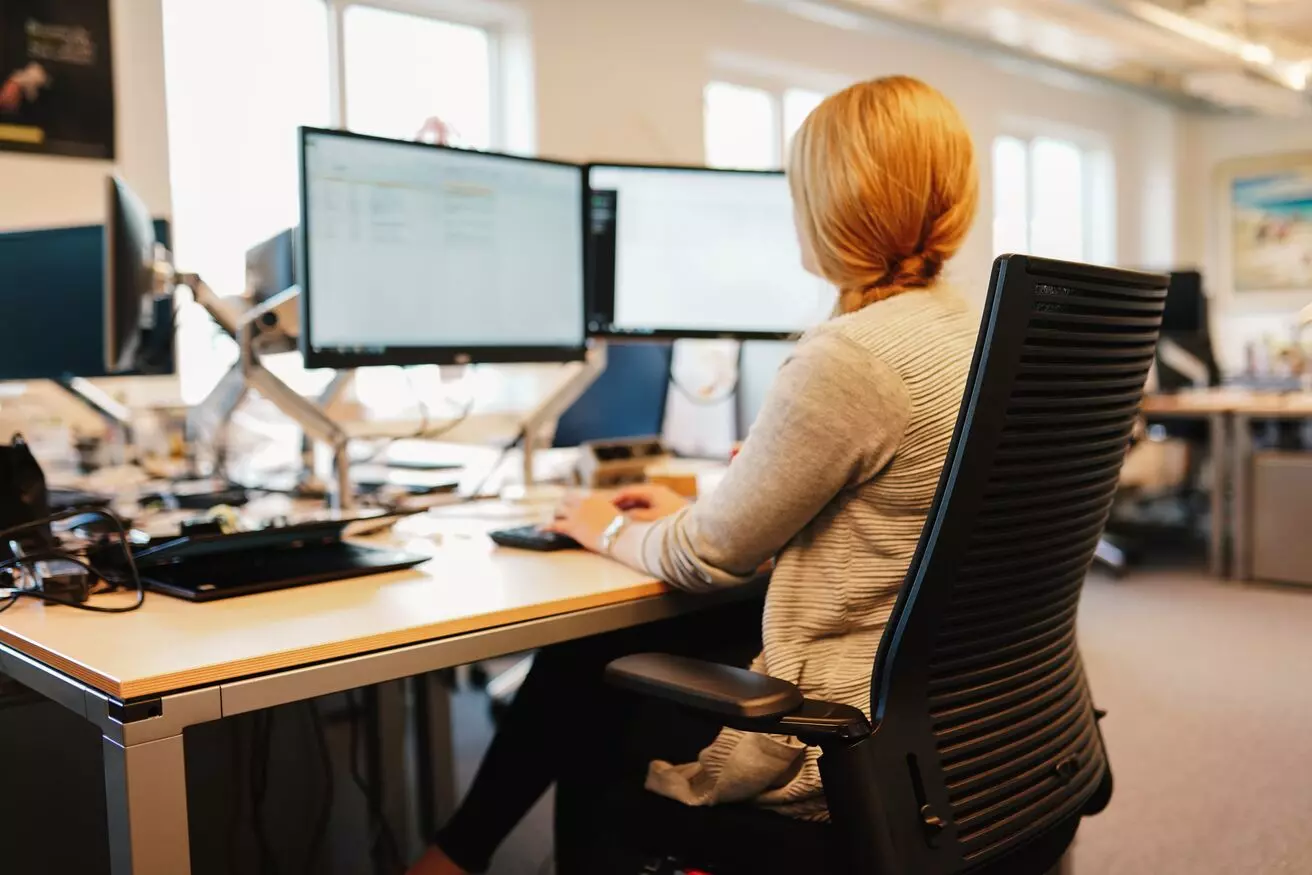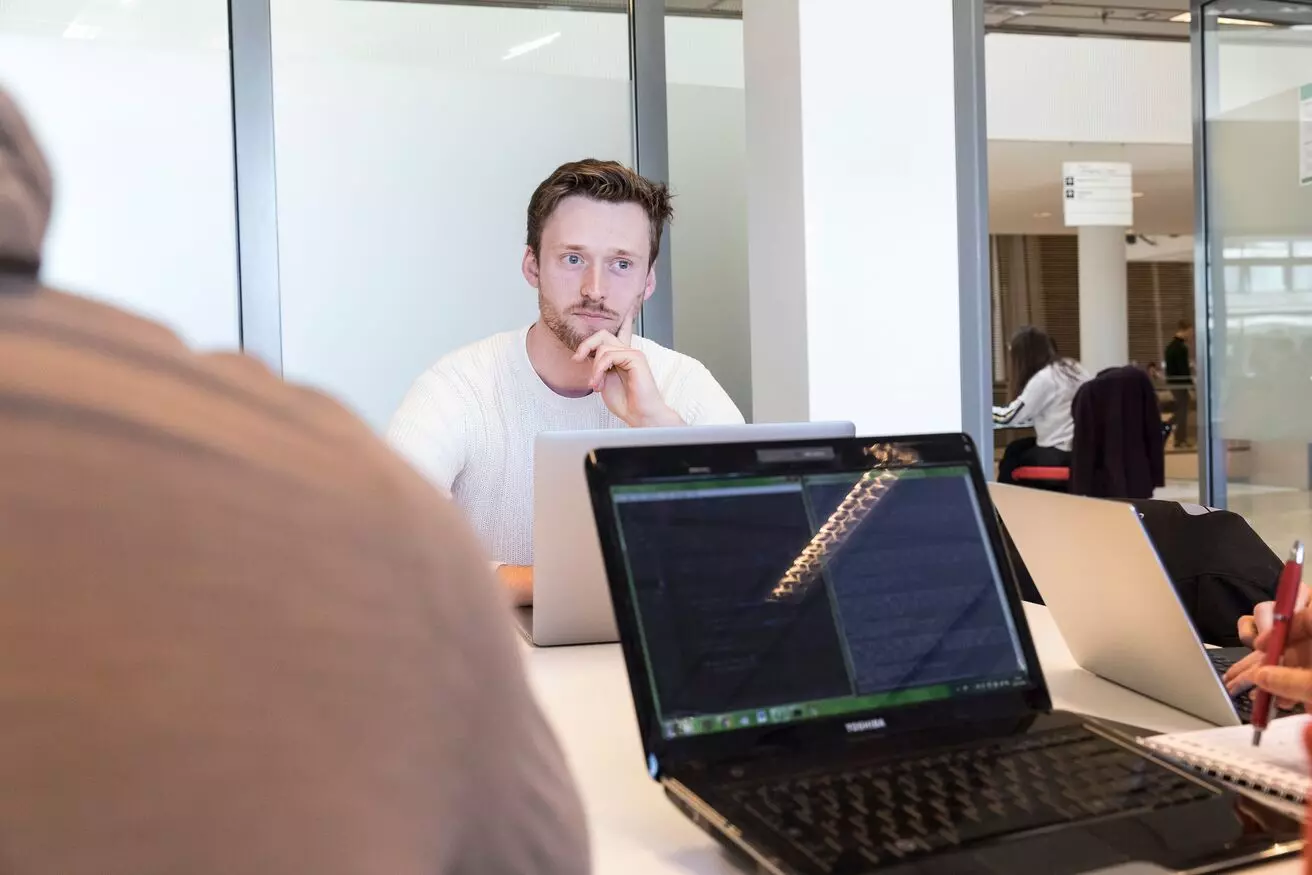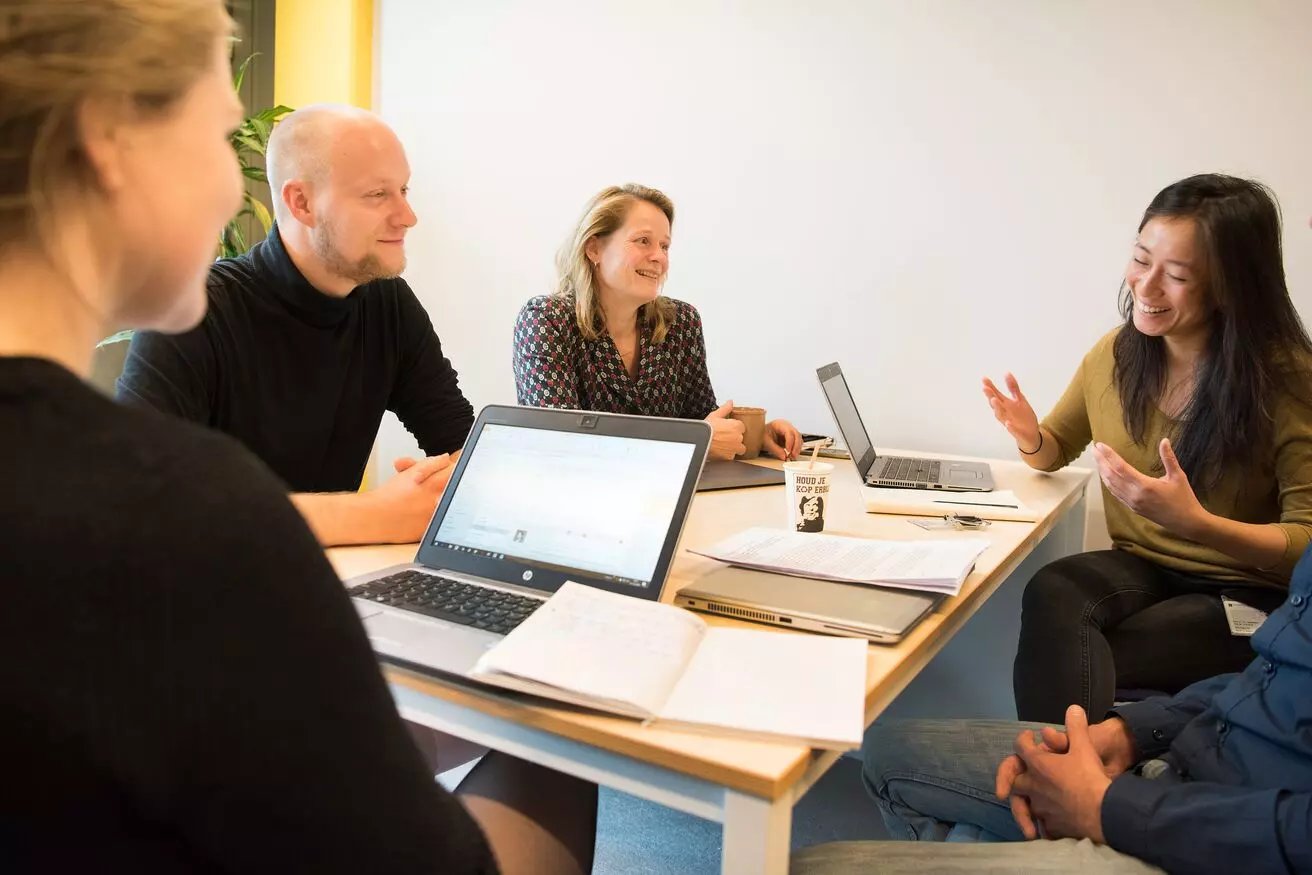This website uses cookies
We, and third parties, use cookies on our website. We use cookies to ensure that our website functions properly, to store your preferences, to gain insight into visitor behavior, but also for marketing and social media purposes (showing personalized advertisements). By clicking 'Accept', you agree to the use of all cookies. In our Cookie Statement. you can read more about the cookies we use and save or change your preferences. By clicking 'Refuse' you only agree to the use of functional cookies.
Not found

More vacancies

Postdoc Position in Anthropology: AlterTech - Activist Infrastructures in Asian Diaspora
- Faculty of Social and Behavioural Sciences
- €4.728 - €6.433
- PhD
- Closes on09-03-2026
Are you an experienced researcher of Asian activisms? Are you interested in exploring how activists craft dissident infrastructures in the diaspora and circumvent long-distance surveillance? Would you like to conduct multi-sited research in Europe, and explore the possibilities of multi-modal collaborative knowledge production? Are you an energetic team player, and passionate about developing theoretical synergies from different ethnographic subprojects?
View vacancy

3 PhD Positions in Anthropology: AlterTech - Activist Infrastructures in Asia
- Faculty of Social and Behavioural Sciences
- €3.059 - €3.881
- Master's
- Closes on09-03-2026
Are you curious about social movement trends in Asia? Are you interested in exploring how activists adapt and innovate in response to digital repression? Do you like thinking about alternative media and technology? Do you have experience with ethnographic research? Are you passionate about engaged anthropology? Are you an energetic team player? Then this position may be for you!
View vacancy

PhD Position in NeuroAI for Video Perception in the Human Brain
- Faculty of Science
- €3.059 - €3.881
- Master's
- Closes on15-02-2026
Are you interested in using AI to unravel the mysteries of the brain? Do you want to perform cutting-edge NeuroAI research and leverage deep learning to understand human vision? Then check out the vacancy below and apply for a PhD position in this exciting research direction.
View vacancy
